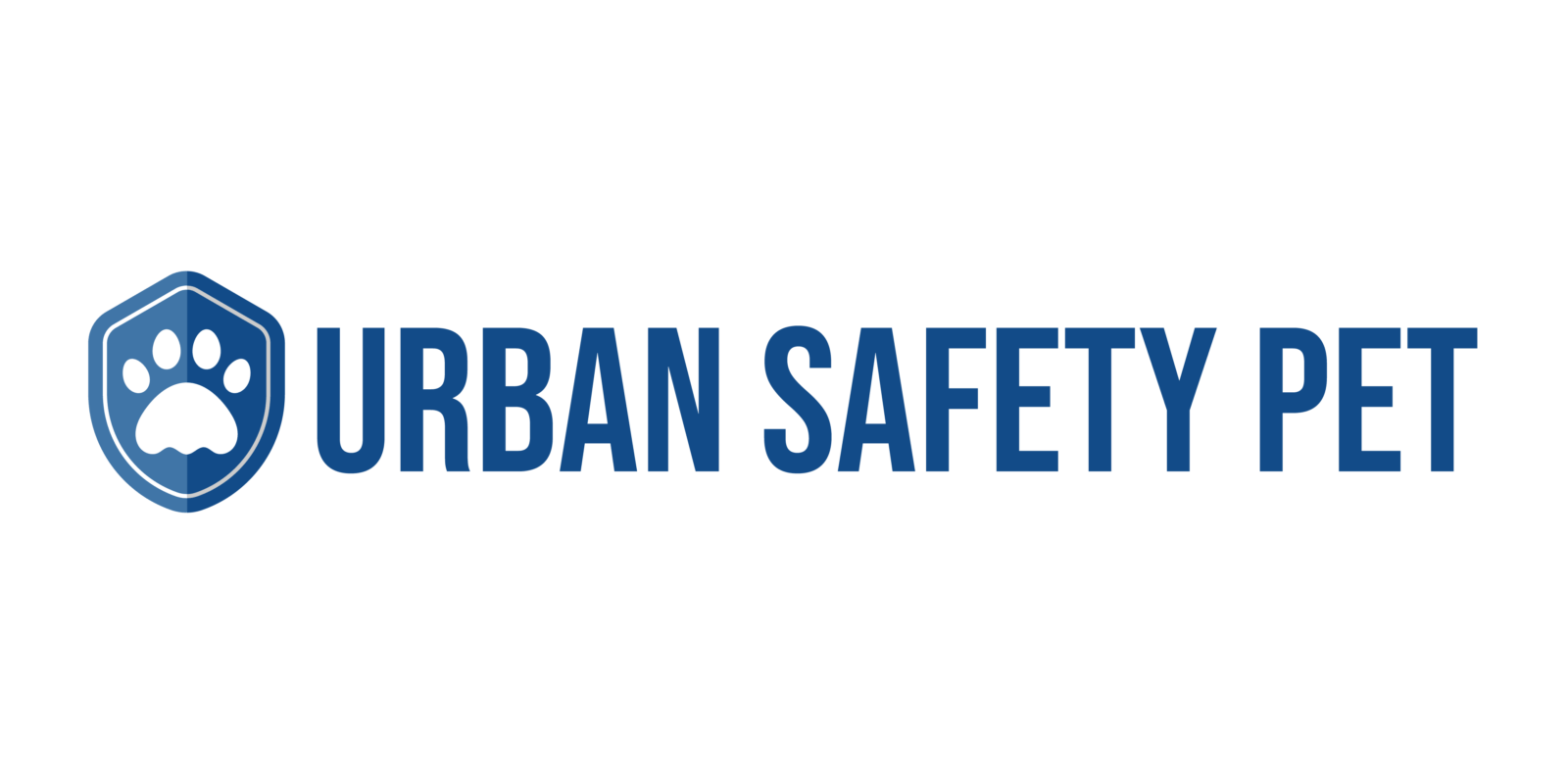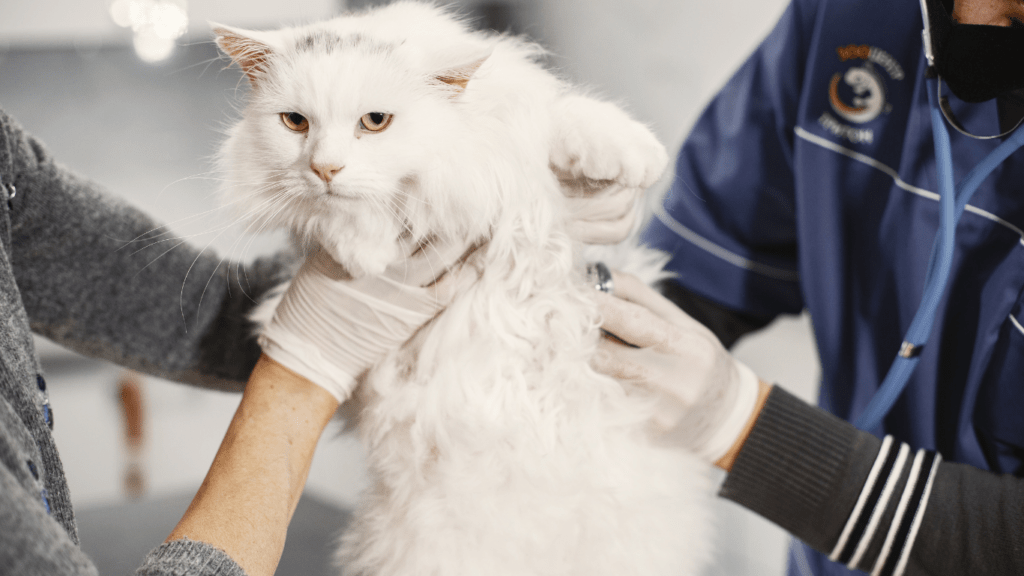Understanding Your Pet’s Needs
Pets thrive when we understand their unique needs. Each pet species has specific dietary, exercise, and social requirements. Knowing these needs helps in providing optimal care.
Dietary Requirements
Different pets require specific diets. Dogs need a high-protein diet with the right balance of fats and carbohydrates. Cats require a diet rich in animal proteins and taurine. Small pets like rabbits and guinea pigs benefit from a diet that includes fresh vegetables, hay, and specific pellets.
Exercise Needs
Exercise varies by species and breed. Dogs generally need at least 30 minutes of daily exercise, with larger breeds often requiring more. Cats benefit from multiple short play sessions throughout the day. Small pets like hamsters require exercise wheels, while rabbits need space to hop and explore.
Social Interaction
Pets need social interaction to stay mentally and emotionally healthy. Dogs thrive on companionship and often suffer from separation anxiety if left alone for long periods. Cats may be more independent but still need regular social interaction with their owners. Social animals like guinea pigs require the company of their own kind to prevent loneliness.
Veterinary Care
Regular veterinary visits are crucial for all pets. Dogs and cats should visit the vet at least once a year for check-ups and vaccinations. Small pets also need regular veterinary care to monitor their health and prevent disease.
Understanding your pet’s needs is the foundation of effective pet care. Meeting these needs ensures that pets remain healthy and happy throughout their lives.
Nutrition and Diet
Proper nutrition is key to maintaining your pet’s health. A balanced diet that meets their specific needs ensures they remain active and happy.
Balanced Diet Plans
Establishing a balanced diet involves understanding your pet’s nutritional requirements. Dogs, for example, need a mix of proteins, carbohydrates, fats, vitamins, and minerals. Commercial pet foods typically provide all the essential nutrients, but it’s crucial to choose high-quality options. Cats, being obligate carnivores, need diets rich in animal proteins and fats. Both dogs and cats can benefit from fresh, whole foods including lean meats, vegetables, and grains.
Foods to Avoid
Certain foods are harmful to pets and must be avoided. Chocolate, grapes, raisins, onions, garlic, and xylitol (a sugar substitute) are toxic to dogs and cats. Additionally, fatty foods can cause pancreatitis, while bones, especially cooked ones, can splinter and cause internal injuries. Always check with your vet before introducing new foods to your pet’s diet.
Regular Exercise
Exercise is vital for keeping pets healthy and happy. It helps with weight management, mental stimulation, and overall well-being.
Types of Exercise
Different pets need different types of exercise. Dogs benefit from walks (short or long), running, and fetch games. Breeds like Labradors and Border Collies thrive on high-energy activities, while smaller breeds like Pugs and Chihuahuas prefer shorter, less intense exertion. Cats, on the other hand, enjoy climbing, chasing laser pointers, and interactive toys. Birds require flight time outside their cages, and small mammals like rabbits enjoy tunnels and obstacle courses. Ensure the exercise is appropriate for the pet’s breed and size.
Importance of Playtime
Playtime addresses both physical and emotional health. It reduces boredom, lowers stress, and boosts happiness. Engaging pets in activities like:
- tug-of-war
- hide and seek
- puzzle toys
can improve their cognitive skills and keep them entertained. Social play with other pets can enhance their socialization skills. For pets like dogs and cats, regular play can prevent behavioral issues and promote a stronger bond with their owners.
Veterinary Care

Regular veterinary care is essential for keeping your pet healthy. Expert attention ensures any potential health issues get addressed promptly.
Regular Check-ups
Pets need regular check-ups to stay in optimal health. Vets can detect early signs of health problems during these visits. Annual exams help monitor weight, oral health, and overall physical condition. For senior pets, bi-annual visits are advisable to keep age-related issues in check.
Vaccinations and Preventive Care
- Vaccinations protect pets from many diseases.
- Core vaccines for dogs include rabies, parvovirus, distemper, and adenovirus.
- Cats benefit from vaccinations against feline viral rhinotracheitis, calicivirus, panleukopenia, and rabies.
- Preventive care also covers parasite control. Regular treatments prevent fleas, ticks, and heartworms.
- Consult your vet for a suitable vaccination and preventive care schedule tailored to your pet’s lifestyle.
Mental Well-being
Pets need mental stimulation to stay happy and healthy. Focusing on mental well-being promotes a balanced lifestyle.
Stress Management
Managing stress in pets involves understanding the causes and implementing solutions. Pets often experience stress due to changes in their environment, loud noises, or separation from their owners.
To minimize stress, create a stable routine and provide a quiet, safe space for your pet. Using calming products like pheromone diffusers or anxiety wraps can also help. Regular playtime and exercise reduce stress levels.
Enrichment Activities
Enrichment activities keep pets mentally stimulated. Interactive toys, puzzle feeders, and training sessions challenge pets’ minds. Rotate toys to keep them interested and engaged.
Take dogs on varied walking routes to stimulate their senses. For cats, window perches and climbing structures create a stimulating environment. Socializing with other pets, under supervision, also contributes to their mental enrichment.
Grooming and Hygiene
Proper grooming and hygiene play a vital role in keeping pets healthy. Regular grooming helps maintain cleanliness and can prevent health issues.
Bathing Tips
Regular baths keep pets clean and fresh. Use pet-specific shampoos to avoid skin irritation. For dogs with sensitive skin, oatmeal-based shampoos can be soothing. Choose a bath frequency that suits your pet’s coat type; for instance, dogs with oily coats might need weekly baths.
Dental Care
Dental health is essential for pets. Brushing your pet’s teeth daily prevents plaque buildup. Use pet-friendly toothpaste and toothbrushes designed for their mouth structure. Dental treats and toys also help maintain oral hygiene by reducing tartar. Regular vet check-ups include dental exams to detect early signs of dental issues.
Safety Measures
Ensuring a safe environment for pets protects their health and well-being.
Home Safety
Secure household items minimize potential hazards. Keep cleaning products, medications, and small objects out of pets’ reach. Secure electrical cords to prevent chewing. Install pet gates to restrict access to dangerous areas like kitchens. Provide safe spaces with comfortable bedding and toys. Regularly check for potential hazards such as loose wires or toxic plants.
Outdoor Safety
Monitor pets during outdoor activities to keep them safe. Use secure, properly fitted collars and harnesses. Ensure identification with an ID tag and microchip. Avoid high-risk areas, including busy roads and unfenced pools.
Apply pet-safe insect repellents and sunscreen. Monitor weather conditions; bring pets indoors during extreme temperatures. Regularly inspect fences for gaps to prevent escapes. Check paws for injuries after walks on rough terrain.




